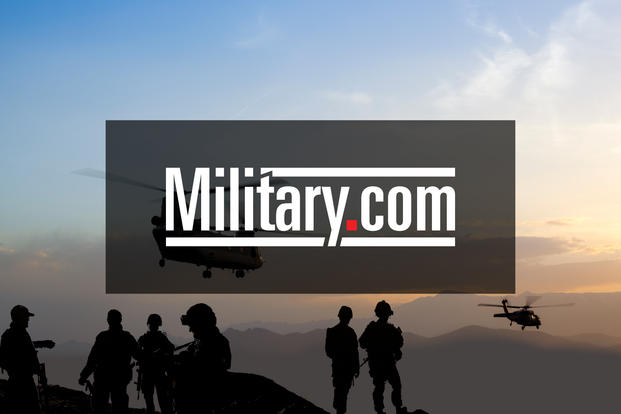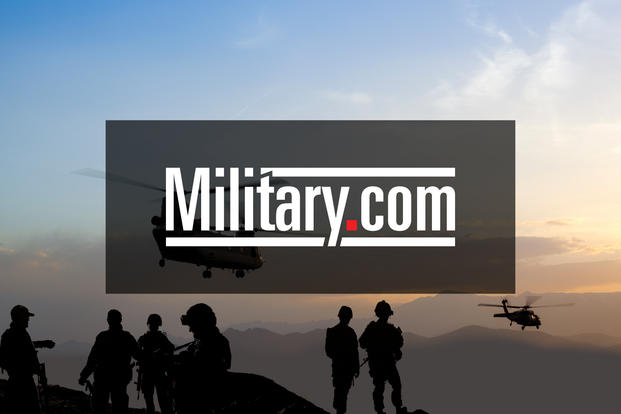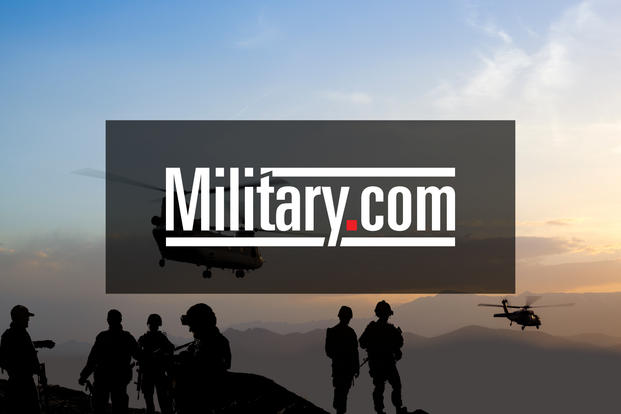Retired Army Gen. Stanley McChrystal said Monday he expects the U.S. military will maintain a presence in Afghanistan after the U.S. completes its withdrawal of combat forces in 2014.
McChrystal commanded U.S. forces in Afghanistan in 2010 and submitted his resignation after members of his staff were quoted in a Rolling Stone magazine article insulting Vice President Joe Biden and other members of the Obama administration.
Despite his resignation, McChrystal still keeps close contact with leaders throughout the Pentagon and Afghan President Hamid Karzai. Karzai hosted McChrystal and his wife in November 2011 at the president’s palace. Karzai will join President Obama at the White House this week to discuss America’s withdrawal and whether the U.S. will keep troops in Afghanistan past 2014.
“My guess is there will be a U.S. force presence, but I think it will be small enough where there is very specialized assistance to the Afghan government and Afghan military,” McChrystal said in an interview with Military.com.
McChrystal said it will benefit both nations to keep U.S. troops in Afghanistan.
“I think some engagement with military forces on the ground is good. It helps them develop their military and actually it helps us do the same,” McChrystal said.
The U.S. still has work to do to train the Afghan military and their government ahead of the withdrawal, McChrystal explained. U.S. forces have spent only three years “seriously” working to build up the Afghan National Security Forces.
“What I believe American policy now is to try to leave in place an Afghan government and security sector that is strong enough that withstands the kinds of pressure an insurgency gives,” McChrystal said. “I think a lot of that has been done, but clearly it’s not as far along as we would like, particularly in things like governance.”
McChrystal spoke to Military.com on the day his memoir, “My Share of the Task,” was released. The general chronicles the steps along his career with a focus on his commands in Iraq and Afghanistan. He led the secretive Joint Special Operations Command before taking command of U.S. forces in Afghanistan. He now leads his own consulting firm and teaches at Yale University.
McChrystal was the commander who recommended that Obama send 40,000 additional troops to Afghanistan to regain control of regions in Afghanistan retaken by the Taliban after the U.S. had focused more forces in Iraq.
Some called it Afghanistan’s surge similar to the surge of troops retired Gen. David Petraeus led in Iraq to calm the growing sectarian violence in the city. McChrystal described in the book how he viewed the two surges differently. Petraeus needed additional troops in Iraq to provide security in Baghdad. He recommended the increase of troops in Afghanistan to provide a U.S. presence across the expansive terrain.
McChrystal’s recommendation for 40,000 troops was a source of debate with Biden who had told the president he supported a smaller troop surge. Rolling Stone reporter Michael Hastings quoted anonymous members of McChrystal’s staff at a bar in Paris insulting Biden. McChrystal issued his resignation to President Obama after the magazine article’s publication.
The Army four-star took responsibility for the article saying he did not regret providing a journalist access to himself and his staff.
“I’m sorry what happened in my case, but I don’t regret being as transparent as we were,” McChrystal said.
He explained that the military’s dealings with the media are a balancing act. Commanders have a responsibility to provide access and transparency while understanding they can’t control what the media prints or broadcasts.
“People are going to write something and people are going to film something and people are going to think something. And the more transparency, the more likely they are to get it right,” McChrystal said. “With that being said, there are times that it’s just not going to go well. I think vetting is important, but you can only vet to a point.”
McChrystal didn’t work with the media often before taking command in Afghanistan. He spent his career in the secretive special operations world where reporter interviews and media embeds are rare. He took many of his media cues from his friend, Petraeus.
In 2009, he didn’t want to do the CBS News 60 Minutes interview where he made his case for additional U.S. troops in Afghanistan. Petraeus talked him into it.
“He was right about that,” McChrystal said about the interview that put Afghanistan back in national headlines.
Many will remember McChrystal’s career for how it abruptly ended, and others will focus on his one-year command in Afghanistan, but many in the Army will remember him for his leadership of JSOC and the transformation the special operations community has seen in the last ten years.
Before Sept. 11, few American knew JSOC existed. Now, the command is probably the most well known in the U.S. military with its special operators the face of America’s fighting force.
McChrystal fears the special operations community could get stretched thinner than it already has been in the past decade. An Army Green Beret, he worries politicians might extend special operations units beyond their limits.
“There’s a danger right now that because special operations has been very effective that special operations will become the tool of choice and it will be used inappropriately. They will ask it to do things for which it’s not designed and it will fail and everyone will be upset,” McChrystal said.
He said the Army must work to further integrate conventional and special operations units. McChrystal said the U.S. military would have failed in Iraq had Special Forces and conventional units not worked together. However, Army leaders must work to prevent the dividers from coming back as deployment tempos slow down.
“Breaking down those walls was one of the biggest and best things we accomplished in Iraq,” McChrystal said. “But it’s not perfect and if you turn your back on that kind of thing, there’s always some people who are building the walls back up and you’re going to have those types of problems again.”
The special operations community must continue to evolve after the completion of the Afghanistan withdrawal. McChrystal said special operations units will have to return to its roots and steer away from the laser focus on direct action missions.
“My sense is what happened after 2001 was that we hit a period where we got fixated on direct action operations,” McChrystal said. “Almost the entire force was doing it. In some cases it was the right thing to be doing and in some cases we were missing opportunities to do other things.”
He said JSOC leaders must work hard to keep special operators challenged when deployment tempos slow down. The units must also focus on developing a deeper pool of regional experts across the globe, not so focused on Iraq and Afghanistan, McChrystal said.
The former JSOC commander said he was especially proud of the focus on intelligence during his tenure. McChrystal spent more time guiding intelligence, surveillance and reconnaissance assets than picking mission targets.
“Everybody wanted to learn more. Everybody wanted to understand that enemy. And that became powerful,” he said.

































